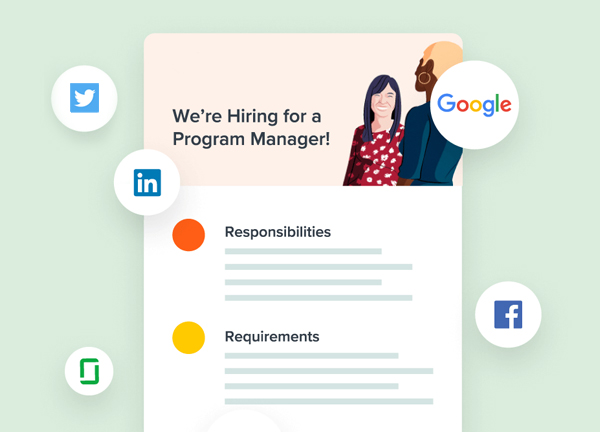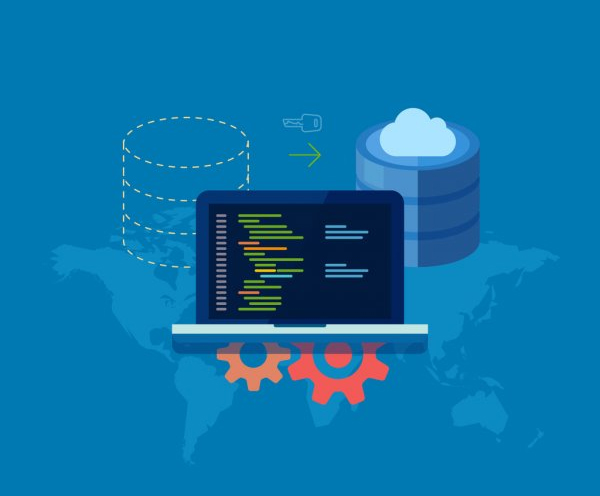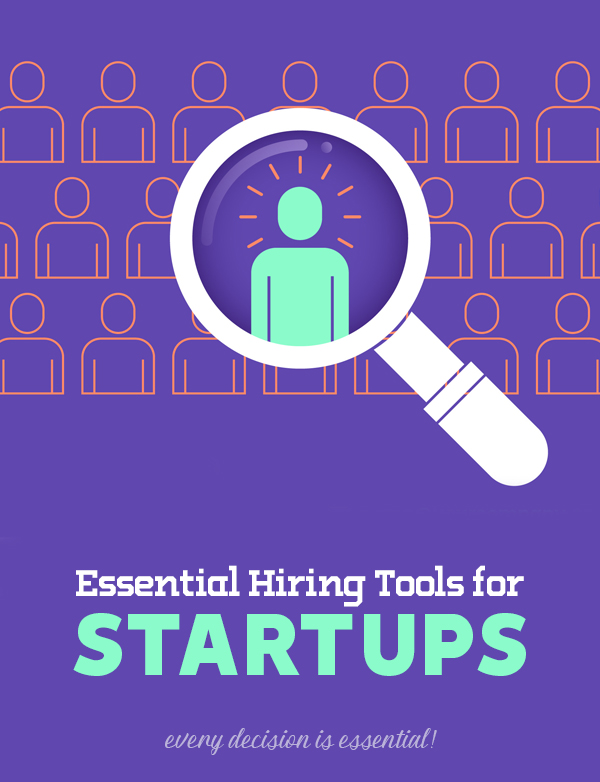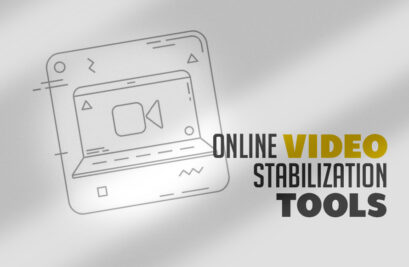You’ve slowly built your company from the ground up; every decision is essential. Your brand is the central focus, from the products you sell to the marketing efforts you’ve initiated. The individuals you hire are also important to the overall success of your business; they interact with customers, handle transactions, and maintain the company when you’re not around. But finding quality staff isn’t always black and white. If you’re looking to hire, consider the following ten hiring tools:
Recruiting Software
Knowing how to promote your position starts with a detailed job description. For many startups, creating a compelling profile isn’t easy. Identify the type of position you’re looking to fill along with the hours you need the staff to work monthly. These key components can help you determine what job you’re going to fill.
Once you’ve written the job requirements, skills needed, and educational requirements, you’ll want a way to track job applications. Recruiting software can follow databases of job information, applicants and filtering opportunities for human resources. You’ll be able to match job applicants against the required skills for the job, grade resumes of applicants, and bookmark prospective employees for future consideration.
Applicant Tracking Systems
ATS is a must-have for any startup looking to hire new roles within their company. Many programs provide skill-matching, CV or resume parsing, and access to job posting platforms. They are often integrated with third-party platforms, bringing a streamlined practice for human resource departments. Hirers can create online communities based on skills and location, engaging with candidates on the system. Startups can capitalize on the talent pool by maximizing skillsets and online platforms.
Mobile Recruiting Tools

Mobile recruitment is a relatively new technology, specifically targeting mobile devices. The functionality works across the smartphone platform and allows porting across web-based platforms into the mobile realm. Essentially, mobile recruiting tools connect companies with job seekers using something they have on them constantly—their phones. Mobile recruiting connects employers to prospective candidates by removing barriers, whether PC access or in-person job fairs.
It also connects job seekers on the go with push notifications. You’ll be able to reach out directly to applicants without having to contact each person individually. Most apps allow engagement through email, text, and calling; this simplifies the recruitment process exponentially by removing communication barriers.
Social Media Syndication Tools

Posting a job on forums will attract candidates, but you’re leaving qualified candidates in the dark if you’re not sharing the opportunity on social media. With over 1 billion active users online, reaching as many job-seekers as possible should be your end goal. Social media syndication tools will automatically share statuses or blog posts on your behalf, which will save you time and energy manually updating the networks.
Copy the job posting and enter it into the syndication program. Choose the date and time you’d like to share the post and watch the applications come in. These tools can extend beyond job posting—they’re a valuable tool for marketing too.
Background Checks

Qualifying job candidates is a time-consuming process without the proper tools. A background check provides prospective employers with comprehensive screening tools. These verifications include personal identity checks, employment history, criminal records, and educational verifications. Startup companies should verify the platform allows employment screens (not all of them do). Companies like UnMask allow employment background checks, while other sites are only available for personal use.
Employers must receive written consent to perform a background check, ideally after the interview process. You don’t want to spend time sorting through background checks of anyone not well-suited to the company. If something found on the background check is concerning, you’re welcome to disqualify the candidate from the position.
Payroll Programs

Managing payroll for employees or contractors should be streamlined and efficient. As your business continues to grow, monitoring hours, schedules, and mandatory deductions become complex. An automated payroll system can reduce the time spent with manual calculations and scheduling needs. These programs are designed to calculate income tax, hold required W-4 forms, submit W-2s, and more.
Video Interviewing

Although interviewing is a critical component of the hiring process, in-person interviews aren’t always feasible. With the current pandemic, many companies have implemented remote hiring processes whenever possible. Currently, businesses can choose between a live video interview or an asynchronous (previously recorded) interview. Asynchronous job interviews can effectively interview multiple candidates simultaneously, with the ability to review answers at the end.
Task Management Software

Staying on top of deadlines and projects gets complicated when you hire outside employees. Having task management software organizes current projects by prioritizing tasks. These can be used by an individual, team, or organization, simultaneously improving workplace efficiency and communication. You’ll be able to set deadlines, delegate tasks to staff members, track projects through milestones, and encourage productivity without micromanaging.
Remote Working Software

Also known as remote employee engagement software, these programs connect virtual employees to physical environments. Most programs offer goal-oriented performance tracking, direct feedback integration, integrated company objectives, and surveys. You’ll provide a personalized employment experience for all staff, whether you decide to offer in-house or virtual platforms. Virtual employment can reduce the overhead staffing costs with startup businesses, which is helpful when every dollar counts.
Customer Database Software

As your company begins to grow (after all, you’re hiring someone within the company), having a high-quality database program is imperative. You want potential staff members to know you’re able to handle an influx in business. A database maintains files and records within a company. Information entered can be edited, updated, and used for reporting.
As a startup, having the tools in place from the time of hire can make training and integration of new staff easier. There’s nothing more frustrating than learning a reporting system than having to relearn a new program a few months down the road.















